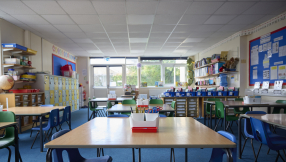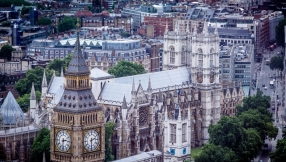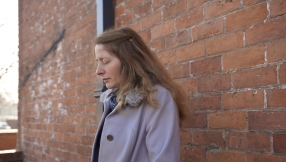Economy slows but rate cuts unlikely soon
The risk of the first recession since the early 1990s is growing but living costs are also surging, making it hard for Bank of England to cut rates and stoking public dissatisfaction with the government's handling of the economy.
Rates are expected to fall eventually but that may come too late to offer any economic relief to Prime Minister Gordon Brown, who looks on course to lose the next election after Labour lost one of its safest parliamentary seats on Friday.
"The credit crunch, coupled with falling house prices, and rising food and energy costs are continuing to constrain activity, yet fiscal and monetary policy can do nothing to ease the pain," said James Knightley, an economist at ING.
The Office for National Statistics said GDP rose by 0.2 percent in the three months to June, bringing the annual rate down to 1.6 percent from 2.3 percent in the first quarter.
The slowdown was driven by the biggest drop in construction since mid-2005 and the result of sharp declines in house building as a decade-long housing boom swiftly reverses into a slump.
Construction would have been even weaker without a boost from government spending on infrastructure projects.
House builders have cut more than 4,000 jobs in recent weeks and are likely to remain under pressure as record low home loan approvals point to further sharp falls in house prices.
DRAMATIC SLOWDOWN
Construction only makes up 6 percent of the economy but the much bigger service sector - which constitutes 74 percent of GDP - is also slowing dramatically.
The services sector grew just 2.1 percent compared to the same quarter last year - the weakest annual growth since 1992, when the economy was emerging from the last recession.
While a recession - two successive quarters of contraction - remains an outside bet for many economists, the BoE is expecting the growth to slow more sharply than it forecast in May. But it also expects inflation to spike higher.
Energy supplier EDF said on Friday it was hiking its power and gas prices by about a fifth. Others are expected to follow suit. Inflation is already running at nearly double the central bank's 2 percent target because of soaring fuel and food prices.
One policymaker - Timothy Besley - even considered raising rates this month to counter the inflation threat. BoE Deputy Governor Charles Bean said late on Thursday that much would now depend on the central bank's new forecasts due next month.
"We continue to think the Monetary Policy Committee will avoid raising rates over the summer, but a rate cut is a long way off," said Philip Shaw, chief economist at Investec.
That leaves little to stop a sharp economic slowdown. Bellwether retailer John Lewis added to the gloom on Friday, reporting subdued sales as consumers cut back on spending.
With the housing market sliding and the credit crunch spreading out from the hard-hit financial sector, Britons are growing increasingly uneasy about keeping Labour in charge when the next election - due by May 2010 - comes around.
In the strongest sign of that disillusionment yet, Brown's party suffered a shock defeat on Friday in a vote for a vacant parliamentary seat in his native Scotland that had been regarded as one of Labour's safest.













